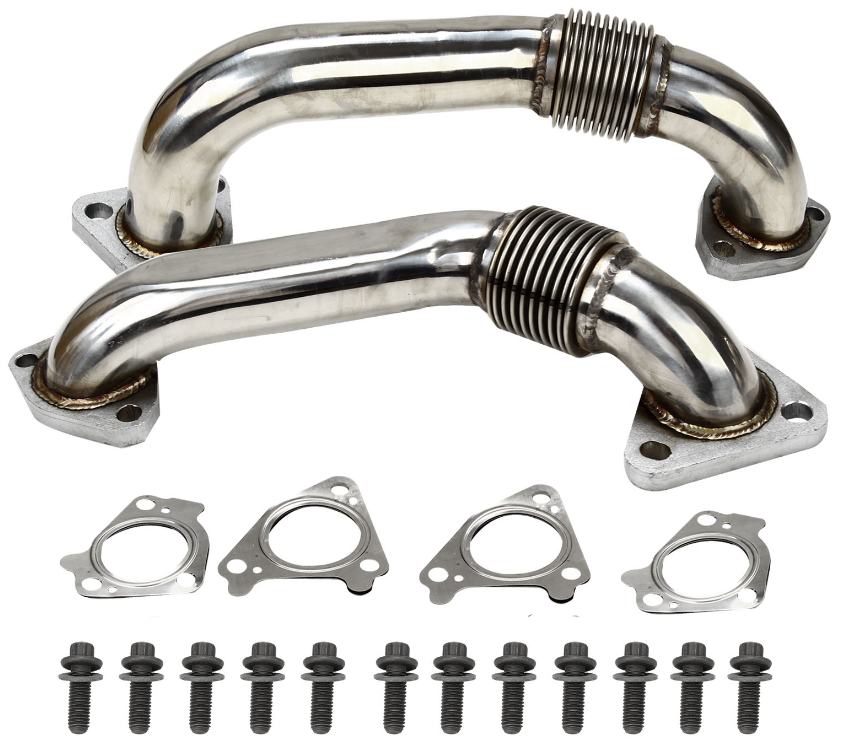The Importance of Changing Downpipes in Cars
Downpipes might seem like a minor component in a car’s exhaust system, but their role is crucial for several reasons. Understanding why changing downpipes is essential can shed light on the overall performance and longevity of your vehicle.
1. Improved Exhaust Flow:
Upgrading to a high-quality downpipe enhances exhaust flow. Stock downpipes often have restrictive designs, limiting the efficient expulsion of exhaust gases. By replacing them with wider and smoother aftermarket options, you reduce backpressure, allowing gases to exit the engine more freely. This improved flow contributes to better engine performance.
2. Enhanced Turbocharger Efficiency:
Many modern cars, especially those equipped with turbochargers, benefit significantly from upgraded downpipes. The stock downpipes on turbocharged cars are often designed with space and cost constraints in mind, compromising optimal performance. Upgrading the downpipe reduces turbo lag, increases boost response, and overall enhances the efficiency of the turbocharger system.
3. Power and Torque Gains:
A more efficient exhaust system means better power and torque output. Aftermarket downpipes can unlock additional horsepower and torque by optimizing the exhaust flow. This improvement in performance is particularly noticeable in turbocharged and high-performance vehicles.
4. Sound Enhancement:
Changing downpipes not only affects performance but also influences the sound of the exhaust. Enthusiasts often appreciate a deeper and more aggressive exhaust note that aftermarket downpipes can provide. This allows car owners to customize the auditory experience of their vehicles.
5. Catalytic Converter Options:
Upgrading downpipes provides an opportunity to choose aftermarket catalytic converters. High-flow catalytic converters can further improve exhaust flow while maintaining compliance with emission regulations. This is crucial for those seeking performance gains without compromising environmental standards.
6. Long-Term Engine Health:
A well-designed downpipe can contribute to the long-term health of your engine. By reducing backpressure and optimizing exhaust flow, you help prevent excessive heat buildup in the engine bay. This, in turn, can lead to improved reliability and longevity of engine components.
Conclusion:
In summary, changing downpipes in cars goes beyond a mere modification for enthusiasts. It is a practical step towards optimizing engine performance, turbocharger efficiency, and overall driving experience. Whether you’re aiming for more power, a distinct exhaust note, or better long-term engine health, upgrading your downpipes can be a worthwhile investment in your vehicle’s performance and longevity.
Post time: Jan-22-2024
